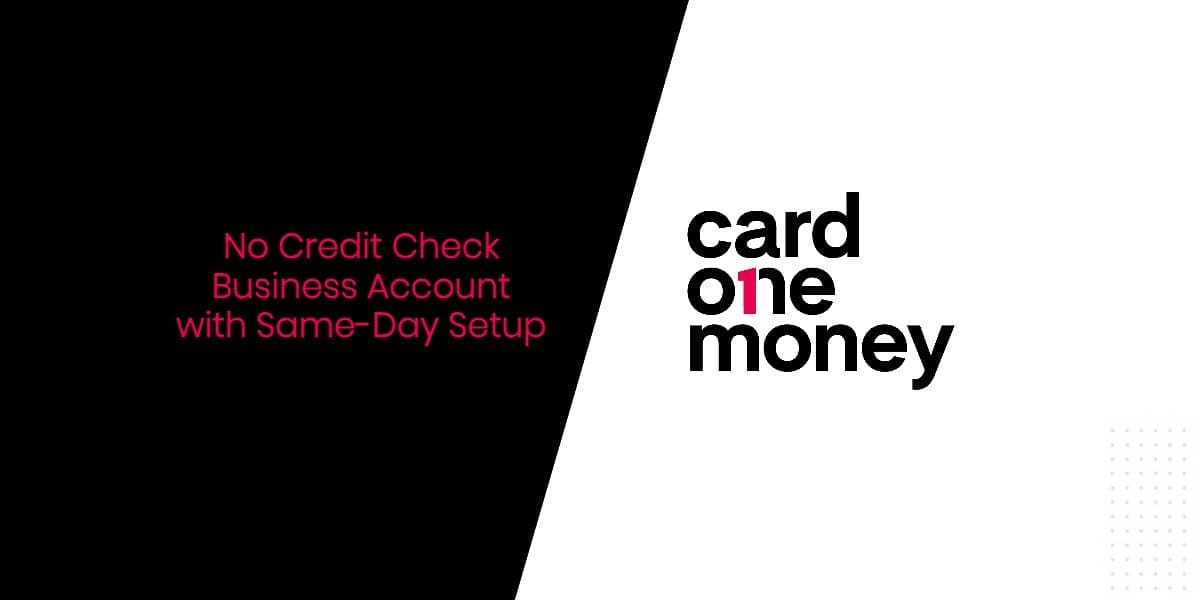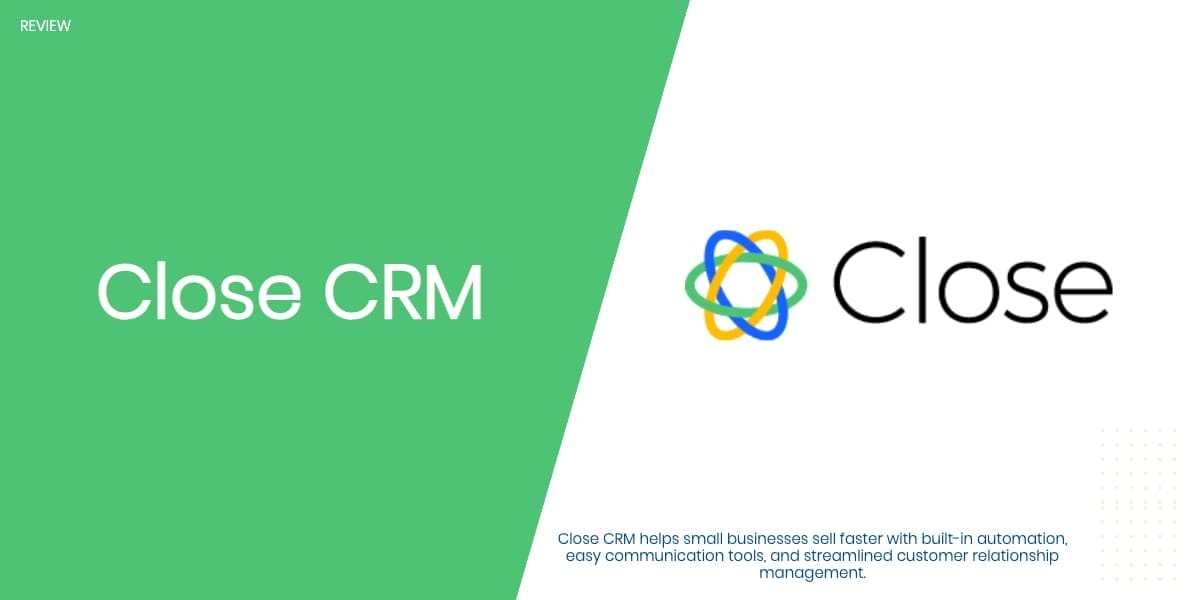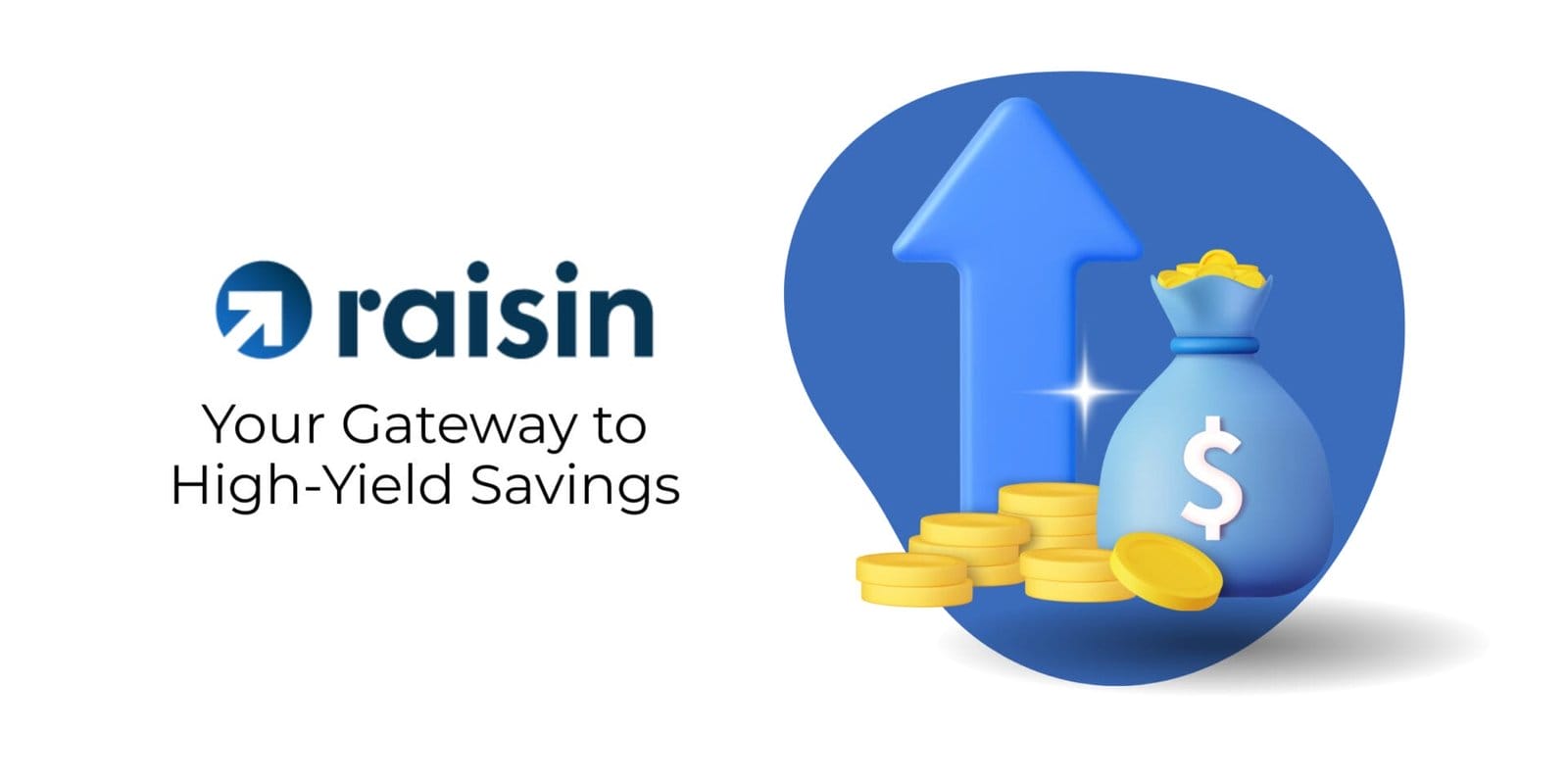Do I need a business bank account?

by Chris M.
February 5, 2024
by Chris M.
February 5, 2024

Are you a business owner trying to navigate the financial landscape without a bank account? That’s like trying to sail a ship without a compass.
In today’s competitive business world, having a bank account is not just a luxury, it’s a necessity. But why exactly do you need one? Well, let’s explore the key reasons that will help you steer your business towards success.
Having a bank account is crucial for every business owner. It provides a secure and reliable way to manage your finances. With a bank account, you can easily track your income and expenses, making it simpler to monitor your business’s financial health. Additionally, a bank account allows you to establish credibility with clients and suppliers. It shows that you are a legitimate business and can be trusted with financial transactions.
Furthermore, a bank account provides convenience and efficiency. Instead of dealing with cash transactions, which can be time-consuming and risky, you can use electronic transfers and online banking services. This saves you valuable time and reduces the risk of theft or loss. Additionally, a bank account allows you to easily access and manage your funds, whether it’s for paying bills, making purchases, or receiving payments from customers.
In today’s digital age, having a bank account also opens up opportunities for your business. It allows you to accept online payments, making it easier for customers to purchase your products or services. It also enables you to connect with other financial tools and services that can streamline your business operations, such as accounting software and payment gateways.
A bank account is an essential tool for every business owner. It provides security, credibility, convenience, and opportunities for growth. By having a bank account, you can effectively manage your finances, build trust with stakeholders, and take advantage of the digital economy. So, don’t sail your business without a compass – get a bank account and set sail towards success.
Reasons to Have a Business Bank Account
Having a business bank account is crucial for several reasons. One of the most significant benefits is the ability to separate personal and business transactions. By keeping your personal and business finances separate, you can easily track your business income and expenses, which is essential for effective financial management.
This separation also helps you present yourself as a professional to clients and authorities, enhancing your credibility as a business owner. Additionally, having a business bank account provides access to financing options that may not be available with a personal account.
It also allows you to build a good business credit score, which can be advantageous for future loan applications or business opportunities. Overall, having a business bank account is a wise decision that can greatly benefit your business.
Sole Traders and Freelancers
To effectively manage your business as a sole trader or freelancer, it’s important to have a dedicated business bank account. Keeping personal finances separate from your business transactions is crucial for maintaining financial clarity and organization.
By having a separate account, you not only appear more professional to clients and authorities, but you also gain access to specialized business banking services. These services can include features like invoicing tools, merchant services, and business financing options.
While you may be tempted to use your personal account, it isn’t recommended as it can lead to confusion and mix-ups. Consider exploring free or low-cost business bank account options that cater specifically to the needs of sole traders and freelancers.
Take control of your business finances and take advantage of the benefits that a dedicated business bank account can provide.
Limited Companies
Limited companies are required to have a separate business bank account to ensure the separation of company income and expenses from personal funds. This helps in managing company accounts and tax returns more efficiently, and also provides several benefits for your business.
By having a dedicated business account, you can simplify your tax management process and ensure accurate reporting and timely payment of taxes. Additionally, maintaining a separate account contributes to building a strong business credit score, which is essential for accessing future financing options.
When choosing a business account, it’s important to consider the benefits offered by different providers. Compare features such as transaction fees, interest rates, and online banking capabilities to find the account that best suits your business needs.
Business Partnerships and Organizations
Consider creating a business account for your partnership or organization to effectively manage your finances and improve your money management abilities. Here are some reasons why having a business account is advantageous for partnerships and organizations:
- Financial management: A business account enables you to keep your personal and business transactions separate, making it simpler to track your finances.
- Professional credibility: Having a business account gives your partnership or organization a more professional image, which is important when dealing with clients and authorities.
- Access to funding: With a business account, you may have access to financing options that can support the growth and development of your partnership or organization.
- Tax and accounting: Managing your partnership or organization’s accounts and tax returns becomes easier when you have a dedicated business account.
- Benefits for charities and community groups: Business accounts can offer specific benefits tailored to the needs of charities and community groups.
Setting up a business account can provide numerous advantages for partnerships and organizations, allowing for better money management and financial growth.
Using the Same Bank for Personal and Business Accounts
Using the same bank for both your personal and business accounts can offer several benefits. It can make managing your finances easier and may even provide potential discounts. However, before making a decision, it’s crucial to carefully consider the advantages and disadvantages.
One of the main benefits of having separate personal and business accounts is that it allows you to keep your finances organized and separate. This separation makes it easier to track your business income and expenses, which is essential for accurate financial reporting and tax purposes. Additionally, having separate accounts can help you establish a strong business credit score, which can be beneficial for future financing options.
On the other hand, mixing personal and business finances can come with potential risks. It can make it challenging to differentiate between personal and business expenses, leading to confusion and potential tax issues. Furthermore, if your business faces financial difficulties, it could negatively impact your personal credit score. Therefore, it’s crucial to weigh the benefits of having separate accounts against the potential risks of mixing personal and business finances before making a decision.
Pros of Using the Same Provider
When it comes to managing your personal and business finances, using the same bank for both accounts can offer several advantages. Consider the benefits of consolidation and potential cost savings that come with using the same provider. Here are some reasons why it might be a good idea:
- Simplified Money Management: Having both accounts with the same bank makes it easier to keep track of your transactions and balances. You can conveniently access both accounts from one online banking platform.
- Possible Discounts: Some banks offer special deals or discounts for customers who’ve multiple accounts with them. This can result in cost savings on banking fees or other services.
- Free Internal Transfers: Transferring funds between your personal and business accounts within the same bank is often free of charge. This can save you money on transaction fees.
- Improved Relationship: By using the same bank for both accounts, you can build a stronger relationship with your bank. This can be beneficial when it comes to seeking financing options or negotiating better terms.
- Time and Effort Savings: Managing your personal and business finances separately can be time-consuming. By consolidating your accounts with the same provider, you can save time and effort on administrative tasks.
Using the same bank for your personal and business accounts can provide convenience, potential cost savings, and a streamlined approach to managing your finances. Consider these advantages when making your banking decisions.
Cons of Using the Same Provider
Using the same bank for both your personal and business accounts may have some drawbacks that you should consider.
While it may be convenient to have all your accounts in one place, there are potential risks involved. One concern is that if something goes wrong with your personal account, it could also affect your business account.
Additionally, using the same provider limits your options and may prevent you from accessing better deals elsewhere. It’s important to weigh the advantages and disadvantages before making a decision.
There are alternatives available, such as opening a business account with a different provider. By doing so, you can reduce the risks and have more flexibility in managing your finances.
Considering Advantages and Disadvantages
Considering the advantages and disadvantages can help you make an informed decision about whether to use the same bank for both your personal and business accounts. Here are some important factors to consider:
- Potential risks: Using the same bank for personal and business accounts may expose your personal assets to potential risks associated with your business.
- Separate protection: Limited companies may not receive the same level of protection for their business funds if they use the same provider for personal and business accounts.
- Easier money management: Using the same provider can simplify money management by allowing you to monitor both personal and business transactions in one place.
- Potential discounts: Some banks offer discounts or incentives for customers who’ve both personal and business accounts with them.
- Comparing different providers: It’s important to compare different banks and their offerings to ensure you’re getting the best deal for your personal and business needs.
Considering these factors will help you make an informed decision and find the best bank account solution for your personal and business finances.
Making an Informed Decision
When deciding on your personal and business bank accounts, it’s important to make an informed choice. Take the time to carefully evaluate the advantages and disadvantages of using the same provider.
Start by comparing the benefits of different banks and weighing your options. While using the same provider may offer easier money management and potential discounts, it’s crucial to consider if better deals are available elsewhere.
Additionally, don’t forget to take into account separate FSCS protection for limited companies.
To ensure you make the best decision for your financial needs, research and compare the offerings of different providers. Remember, having the freedom to choose the right bank for your personal and business accounts will ultimately contribute to your financial success.
Frequently Asked Questions
Can I Use My Personal Bank Account for My Business Transactions?
Yes, you can use your personal bank account for business transactions. However, it is important to consider the advantages and disadvantages. Separating your finances is crucial for clarity, organization, and maintaining a professional image. It allows you to easily track business expenses and income, which is essential for accurate accounting and tax purposes. Additionally, having a separate bank account can help protect your personal assets in the event of legal issues or financial problems within your business. Therefore, it is recommended to open a business bank account to ensure proper separation of personal and business finances. According to our experience and research, this is the best practice for managing your business transactions effectively.
What Are the Potential Consequences of Mixing Personal and Business Transactions?
Mixing personal and business transactions can have significant consequences, including legal implications. It can blur the distinction between personal and business finances, making it challenging to track expenses, deal with tax issues, and potentially lose liability protection. It is important to understand the potential risks and complications that can arise from intertwining personal and business transactions.
Are There Any Alternatives to Having a Separate Business Bank Account?
Are you considering alternatives to having a separate business bank account? While it is generally recommended to have one, another option is to use a personal account. However, this approach may present challenges such as mixing personal and business transactions and potentially appearing unprofessional. It is important to carefully consider the benefits and drawbacks before making a decision.
How Can a Business Bank Account Help With Tax Management?
A business bank account can assist in managing taxes by creating a clear distinction between personal and business expenses. This separation makes it easier to monitor and deduct expenses that are directly related to the business. Additionally, having a business bank account promotes financial organization and accountability, ensuring that all transactions are properly documented and accounted for. By utilizing a business bank account, businesses can effectively manage their taxes and streamline the process of filing tax returns.
How Can a Business Bank Account Contribute to Building a Good Credit Score?
Having a separate business bank account can have a positive impact on your business’s credit score. This is important because it allows you to access financing options and shows lenders that you are financially responsible. By maintaining a good credit score, you increase your chances of getting approved for loans and other financial resources that can help your business grow. It also demonstrates to potential partners and investors that you have a solid financial foundation. Therefore, it is crucial to prioritize and manage your business finances through a dedicated bank account. According to our experience and research, this is an effective strategy for building and maintaining a good credit score for your business.
Conclusion
Having a business bank account is incredibly important for every business owner. It allows you to keep your personal and business finances separate, which is crucial for organization and clarity.
Additionally, having a business bank account helps you track your income and expenses accurately, making it easier to manage your finances effectively. It also plays a significant role in building a strong credit score, which can benefit your business in the long run.
Lastly, a business bank account simplifies tax management, making it less stressful and time-consuming. Think of it as a reliable companion on your entrepreneurial journey, providing guidance through the financial ups and downs.
💰 Top Financial Offers 💰
📃 MoneyZoe’s Latest Reviews 💰Start saving money with the best financial services

Card One Money Review 2025: No Credit Check Business Account with Same-Day Setup

MRPeasy Review: Manufacturing Software for Small Businesses

Close CRM Review: Guide to Features, Pricing, and Performance

Flagstone Review 2025: Access 60+ Banks with Rates Up to 4.20% AER

Flagstone Review: Business Savings with High Interest Rates





